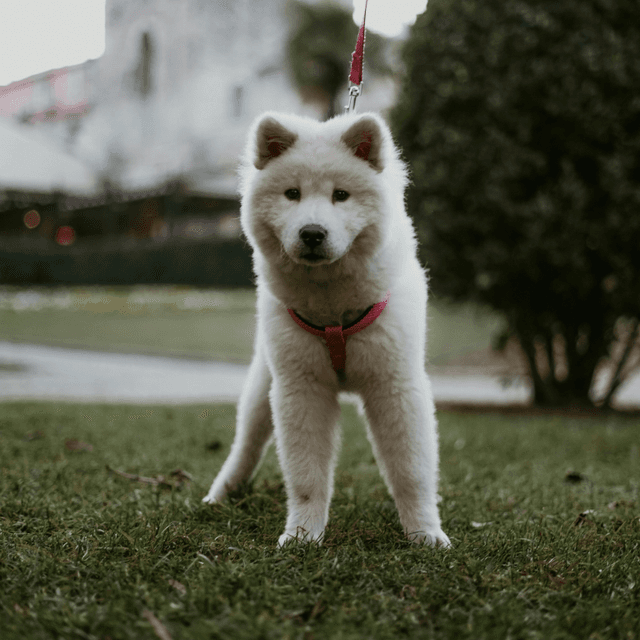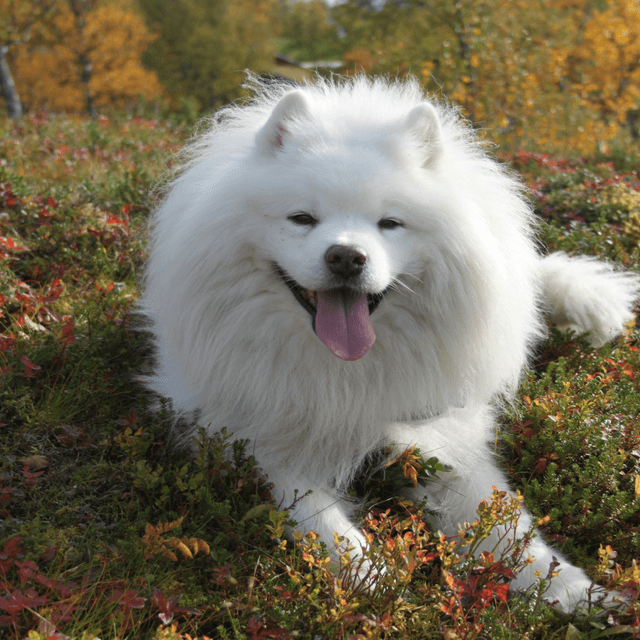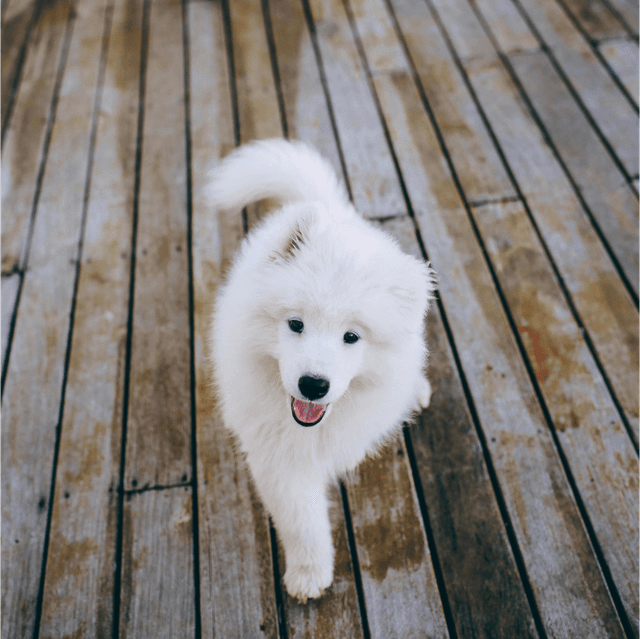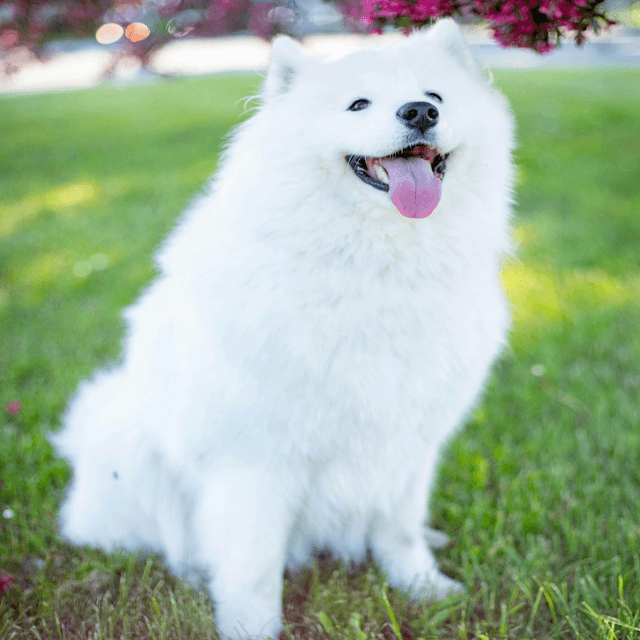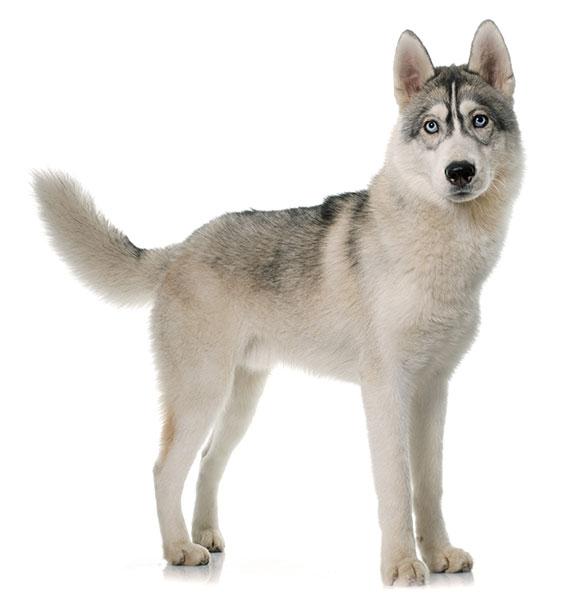Call us between 8AM-Midnight EST, every day!
samoyeds
Breed Overview
Browse All samoyed PuppiesQuick facts
The "Sammy" is a ball of white fluff that loves everyone and is great for families.
SizeMedium
Lifespan- Years
EnergyHigh
Allergy-Friendly?Yes
Shedding AmountModerate
Breed GroupWorking
Available samoyed Puppies
Personality & Training
Tendency to Bark
Low
Trainability
High
Good For:
- Kids
- Cats
- Other Dogs
- Large Living Spaces
- Seniors
- Cold Climates
- Water Activities
Physical Characteristics
Average Height
Females: 20 in
Males: 23 in
Average Weight
Females: 43 lbs
Males: 55 lbs
Drool Amount
Low
Explore Similar Breeds
About samoyeds
The Samoyed is a sociable, peaceful, and gentle dog. These powder puffs hail from Siberia, and were bred for hard work in cold environments. Commonly known as the "Sammy," these friendly pups love everyone and are great for families and children. They are easygoing, don't mind living in apartments (as long as there is air conditioning!), and are guaranteed to make friends with anyone they meet.
